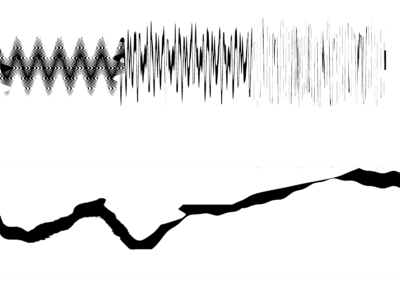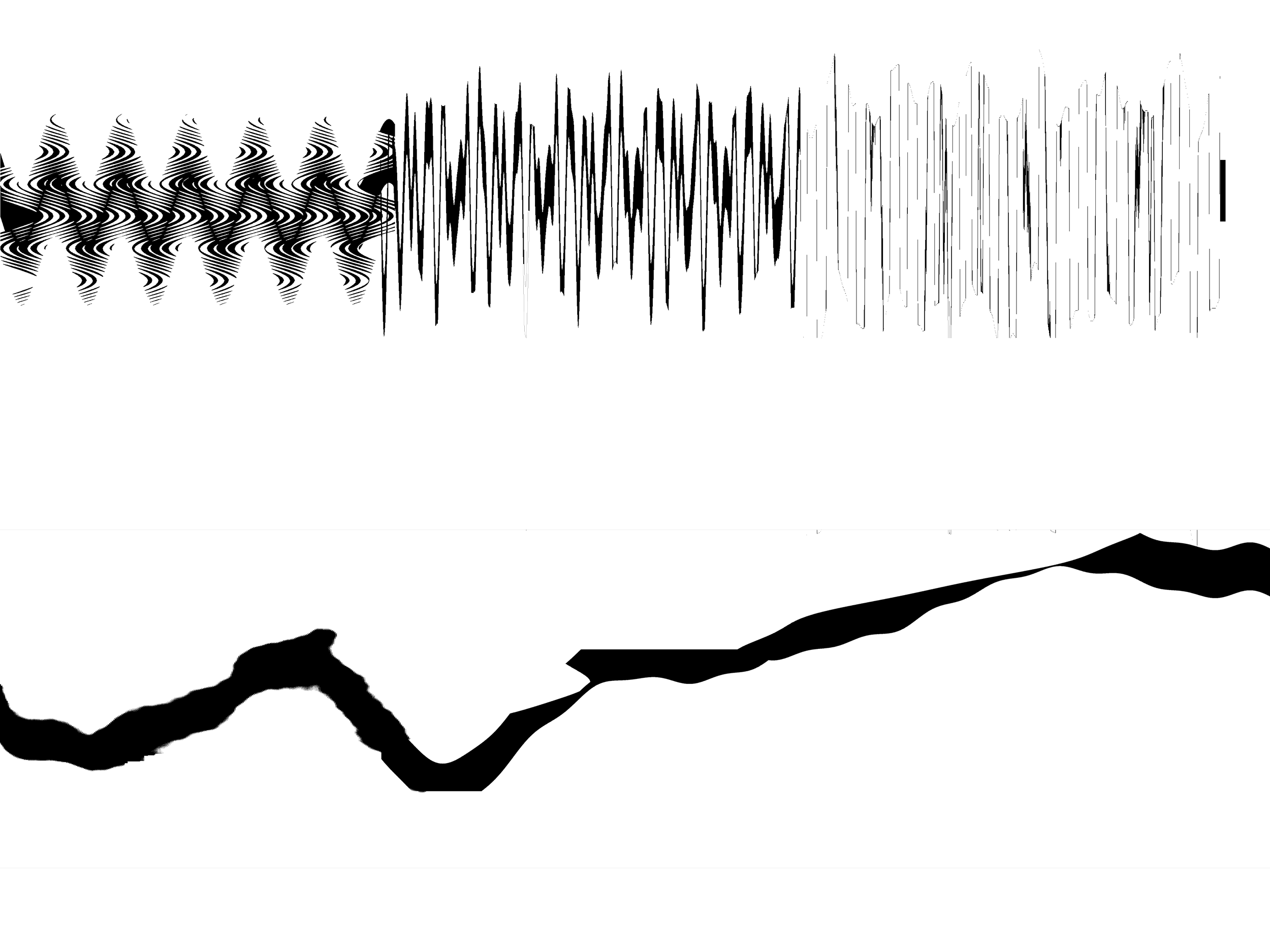
Linguistic Lilt
One of the palpable pleasures of language is the rhythm and soundings of words. Poets once prided themselves on mastering it. The ancient art of rhetoric takes note of it. If I say bumpity-bump I communicate something to you. Potholes, klutzes. If lala land, palm trees softly sway. Swoosh, crack, bam, lullaby.
Language was spoken before it was written and its nuances of delivery must have been rehearsed in Homer’s time of epic reciters. Now most of our linguistic intake is read, keeping cadences inside our bony chambers. My ‘twas a dark and stormy won’t quite be yours. Unless you grew up in Southern California with Hoosier variants from your folks.
Our other verbal drenching comes with songs but songs come with music, notes alongside of words. That conditions how the language presents in your head. Very hard to detach the two. You see a sidewalk walker suddenly step to a beat and understand a favorite anthem is reverberating in their eardrums. The words tug hard at their emotions but what moves their feet, their waists, their hips is the musical form that the song artists provided.
In prose and poetry there’s no musical help — or hindrance. My favorite authors can invoke rhythm that you can read.
____________________
My favorite single sentence is Wallace Stevens’
The bird’s fire-fangled feathers dangle down.
[Of Mere Being, from The Palm at the End of the Mind: Selected Poems and a Play. Copyright © 1967, 1969, 1971 by Holly Stevens1967]
And in Saul Bellow’s novel Augie March there is this paragraph about the character Five prope’ties. I’ve copied it out and reread it numberless times. It actually has a pulse.
That would be Five Properties shambling through the cottage, Anna’s immense brother, long armed and humped, his head grown off the thick band of muscle as original as a bole on his back, hair tender and greenish brown, eyes completely green, clear, estimating, primitive, and sardonic, an Eskimo smile of primitive simplicity opening on Eskimo teeth buried in high gums, kidding, gleeful, and unfrank; a big-footed contender for wealth. He drove a dairy truck, one of those electric jobs where the driver stood up like a helmsman, the bottles and wood-and-wire cases clashing like mad. He took me around his route a few times and paid me half a buck for helping him hustle empties. When I tried to handle a full case he felt me up, ribs, thighs, and arms — this was something he loved to do — and said, “Not yet, you got to wait yet,” lugging it off himself and crashing it down beside the icebox. He was the life of the quiet little lard-smelly Polish groceries that were his stops, punching it out or grappling in fun with the owners, head to head, or swearing in Italian at the Italians, “Fungoo!” And measuring off a chunk of stiff arm at them. He gave himself an awful lot of delight. And he was very shrewd, his sister said. It wasn’t so long ago he’d done a small part in the ruin of empires, driving wagons of Russian and German corpses to burial on Polish farms; and now he had money in the bank, he had stock in the dairy, and he had picked up in the Yiddish theater the fat swagger of the suitor everyone hated: “Five prope’ties. Plente money.”
––––––––––––––––––
The pleasures of reading are many. How language aligns itself against the passage of time is just one of the delights.

